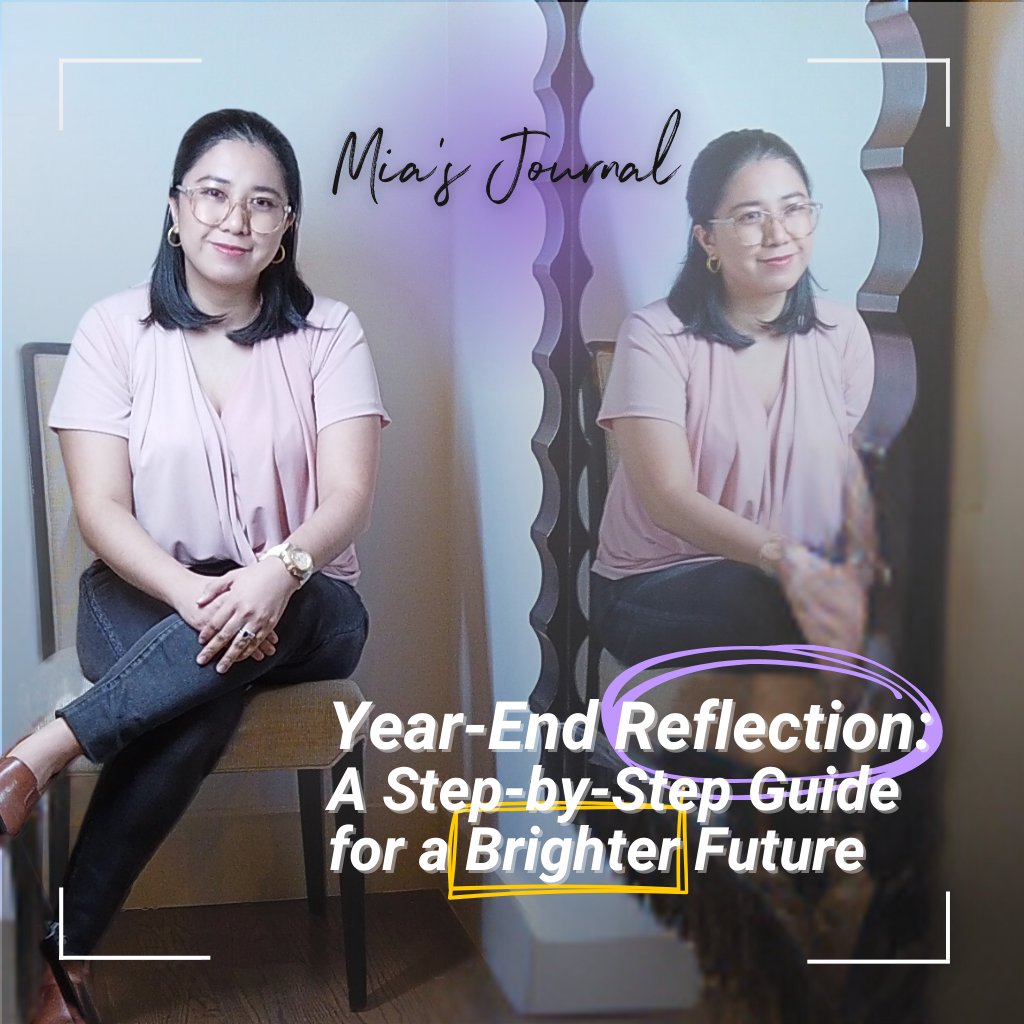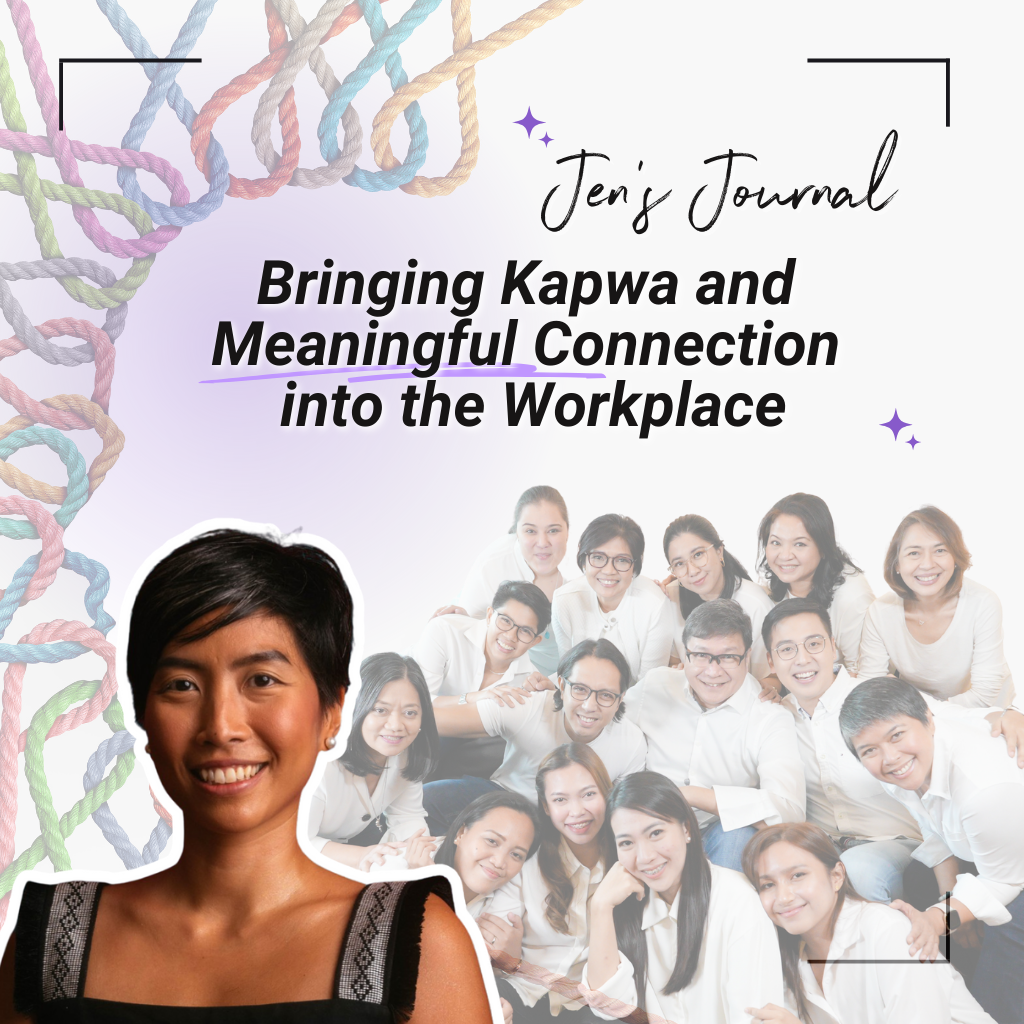
Year-End Reflection: A Step-by-Step Guide for a Brighter Future
As the year comes to a close, it’s a great time to pause and reflect on the journey we’ve been on. Just like a seasoned traveler who takes a moment to admire the view before embarking on a new adventure, let’s take a moment to look back and savor the experiences and lessons from the past year.
The Power of Reflection
Reflecting on the past year is more than just an exercise in nostalgia. In fact, research has found that reflecting on past experiences can help us gain insights into our behavior patterns, emotions, and motivations (Kross & Ayduk, 2010). This self-awareness can lead to increased self-regulation and improved decision-making.
A Deep Dive into Reflection
To maximize the benefits of reflection, consider these questions when looking back at the year that was:
- What were your biggest accomplishments? Celebrating our successes, no matter how small, boosts our self-esteem and motivates us for future endeavors.
- What were your biggest challenges? As humans, it is natural for us to face challenges and setbacks. It is t how we respond to them that shapes our character. Reflect on the obstacles you faced. What did you learn from these experiences? How did you grow as a result?
- What brought you joy and fulfillment? Recall the moments that brought you happiness and a sense of purpose. Were there specific relationships, hobbies, or activities that nourished your soul?
- What areas could you improve upon? We are constantly evolving. Honest self-assessment is a powerful tool for growth. Identify areas where you could develop further. Are there habits you’d like to cultivate, or skills you’d like to enhance?
- Based on your answers to the previous questions, what themes are coming out? What is most important to you? Our answers point to what we value most; these may help guide us in envisioning what we want to work towards in the future.
Setting Intentions for a Brighter Future
Now that you’ve taken a moment to reflect on the past year, it’s time to set your intentions for the future. We at Haraya have found that goals are more easily and sustainably achieved when we start with a purposeful mindset and clear intentions during goal setting. Some possible prompts to get you started on goal setting:
- Based on the themes and values that are important to you, what would you like to achieve by the end of next year? It can be helpful to take a moment to envision how your life might be different by then.
- By the end of next year, how do you want to be different? Sometimes, our goals may not necessarily be about external achievements but about internal growth and development. What needs to change in you to bring you closer to your desired future?
The Science of Effective Goal Setting
Research has consistently shown that setting specific, challenging, and achievable goals can significantly improve performance and motivation (Locke & Latham, 1990).
When reviewing the goals you have set, consider the following:
- Specificity: Clearly define your goals. Instead of a vague goal like “I want to be healthier,” aim for a specific goal like “I will exercise for 30 minutes, three times a week.”
- Challenge: Set goals that push you outside your comfort zone, but are still attainable. Challenging goals can increase motivation and satisfaction.
- Commitment: Make a conscious cjommitment to your goals. This involves actively visualizing your success and believing in your ability to achieve it.
- Feedback: Regularly assess your progress. This can help you stay on track and make adjustments as needed.
- Celebrating Quick Wins: To help in sustaining momentum, define your quicks wins or checkpoints where you will celebrate your progress. Identify what celebration you will want to do at each checkpoint.
- Task Strategy: Develop a specific plan of action to achieve your goals. Break down large goals into smaller, manageable steps.
Cultivating a Growth Mindset
A key ingredient for success is a growth mindset, the belief that abilities and intelligence can be developed through dedication and hard work. By embracing challenges as opportunities for growth, you can overcome obstacles and achieve your goals.
The journey of self-improvement is a lifelong one. Be patient with yourself, embrace the process, and enjoy the ride.
Would you like further support in reflecting on the year that was or would like to have an accountability partner to reach your goals? Our Haraya coaches are here to help. Simply message us via our website or social media channels (@harayacoaching on FB, IG and LinkedIn). You can also directly book a session with our coaches in MindYou.
Sources:
Ayduk, O., & Kross, E. (2010). From a distance: implications of spontaneous self-distancing for adaptive self-reflection. Journal of personality and social psychology, 98(5), 809–829. https://doi.org/10.1037/a0019205
Locke, E. A., & Latham, G. P. (1990). A theory of goal setting & task performance. Prentice Hall.







